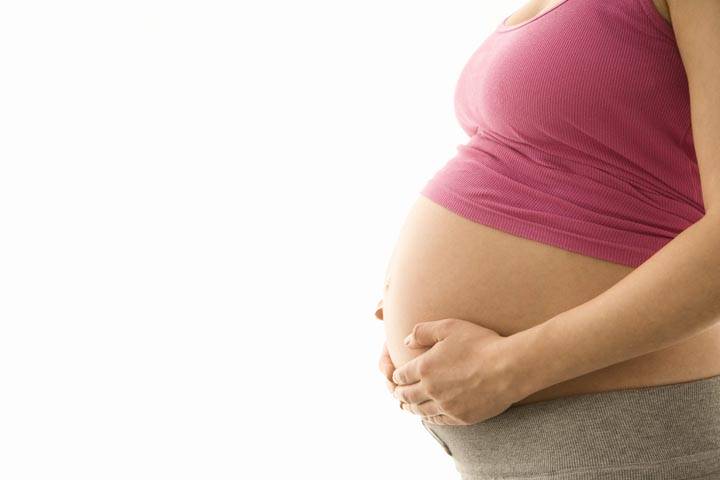All pregnant women should be vaccinated against whooping cough, according to updated clinical guidelines from the Society of Obstetricians and Gynaecologists of Canada.

The new guidelines recommend that women should get vaccinated against whooping cough every time they get pregnant, regardless of whether they have had the vaccination before.
These guidelines signal a new approach to vaccination, said guideline co-author Dr. Eliana Castillo, a specialist in reproductive infectious diseases at the University of Calgary. Vaccinations are increasingly seen as not just to protect mom, she said, but also to protect the baby after it’s born.
“In the next few years we are probably going to see new vaccines that are designed, trialled and approved specifically for that indication: to be given to mom, so mom can make the antibodies and pass them to babies through the placenta in such a way that when babies are born, they are protected,” Castillo said.
Similarly, although pregnant women have been told to get the flu shot for some time, Castillo said, the new guidelines emphasize its importance in protecting the baby from the flu after birth. “If mom is protected against influenza she will pass on her antibodies, and we have pretty good data that those antibodies can protect the baby very efficiently from getting the flu in the first six months of life.”
“Babies less than six months cannot get the flu shot themselves, so the best way to protect them is to make sure that mom is protected and can protect them through the antibodies she makes.”
Doctors are warned against giving live vaccines, such as the measles, mumps and rubella shot, to pregnant women, and women should wait four weeks after getting the shot before they get pregnant, according to the guidelines. However, the new guidelines say that doctors should not counsel patients to terminate their pregnancy if they happen to have accidentally received a live vaccine.
“In real life – 50 per cent of pregnancies in North America are unplanned – what we are trying to say is, don’t panic. No need to counsel this woman about termination,” Castillo said.
Although live vaccines are still contraindicated because of a theoretical risk of transmitting the virus to the baby, there isn’t any evidence to date of that happening, according to the guidelines. “I think we have had data for a while that the chances of those live vaccines harming the fetus are basically none,” Castillo said.
Castillo encourages women to discuss vaccination with their doctors if they have any questions or concerns. Pregnancy is a great time to review your immunization and overall health, she said, and make sure that you have all the recommended shots. “I think it’s important for moms-to-be to understand that there are conditions that could be very serious for herself or her babies.”
“The best way to protect your baby is for you to be immunized.”


Comments